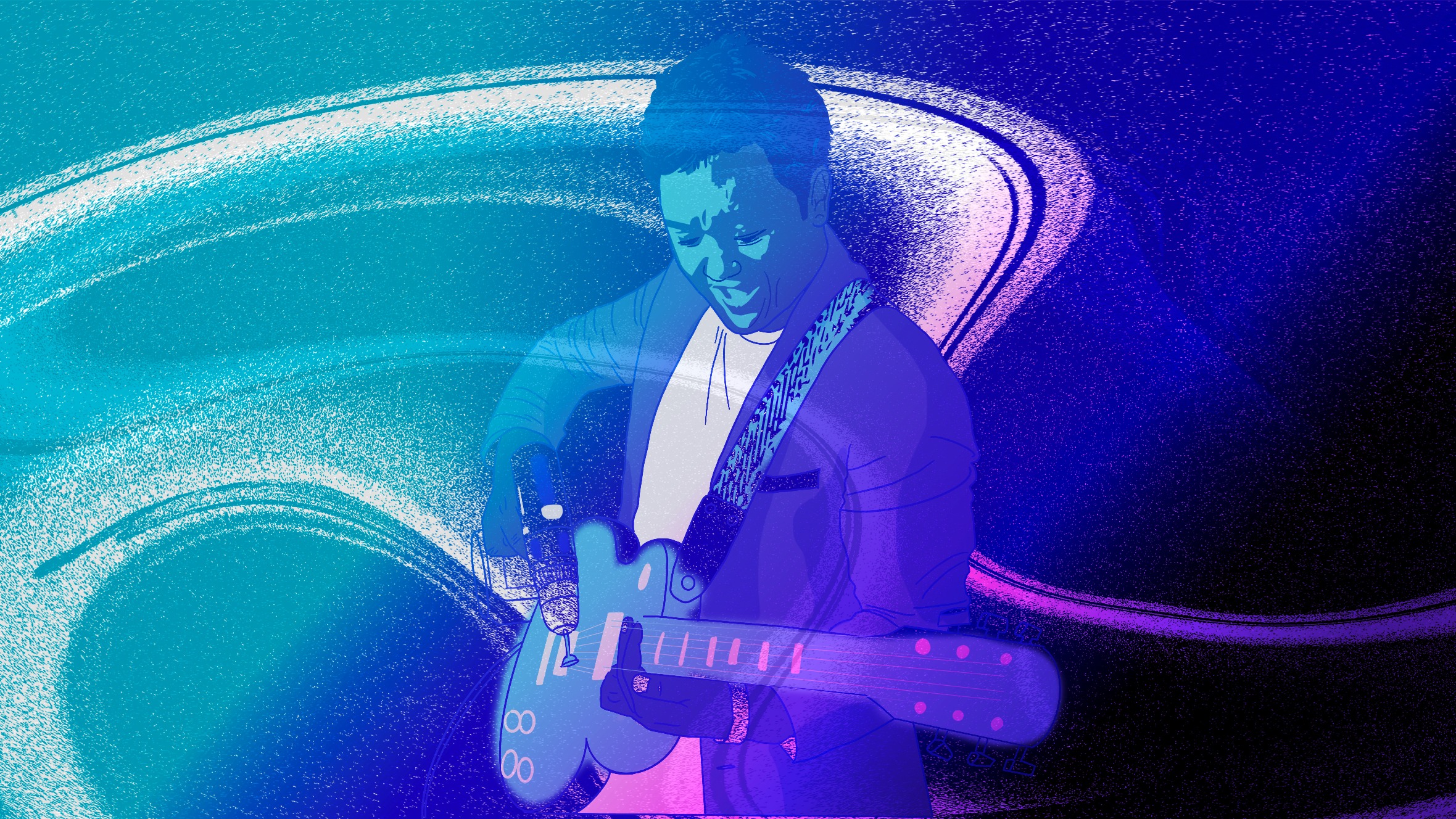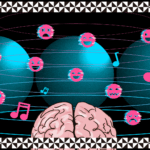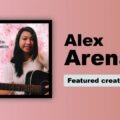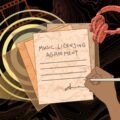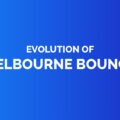From RAC graduate to audio engineer and the lead guitarist for The Last Armada, Patrick Vilbar is no stranger to the world of music. We had the chance to interview the Toronto RAC alum about his journey through the industry, from our audio engineering program and the studio, to the stage and everything in between!
RAC: What is your favourite memory from attending RAC?
Patrick: I was attending RAC during the COVID-19 restrictions, so all of my experiences were shared through a Zoom screen! However, l learned many valuable skills that I still utilize today. My favourite RAC memories were the group projects – while we were all collaborating through our computer screens, we still had a lot of fun and made the best of that situation.
RAC: What made you gravitate towards pursuing music?
Patrick: I’ve been around music my whole life. My dad is also a guitar player, and the image of a Marshall JCM800 with a 4×12 Marshall Cab in the basement of my childhood home is one I think about often. My mom is also an outstanding singer. Neither my mom or dad pursued a career in music, but they, as well as my sister, have always supported my pursuit.
Since I was young, I always gravitated toward the arts; I loved to draw and colour. My cousin showed me a few chords and I was interested in guitar – it came easy to me! I will say, it wasn’t until I watched the Led Zeppelin movie, The Song Remains the Same where I was completely enthralled with the idea of pursuing a career. Jimmy Page is probably my biggest influence. Not only was he a trailblazer guitarist, he was also the producer for Led Zeppelin.
At the end of the day, I just want to create and share music. I love music, I really love playing guitar and I love mixing!
RAC: Any tips on how to launch yourself into the industry, meet new people and start a band?
Patrick: In my experience, just getting to know your local music scene through open mics and attending shows is a great way to connect with like-minded people. Like anything, you need to find people you have chemistry with and carve your own path whilst being a team player in your community. Even just DMing can get you a long way! With social media being such a powerful tool, you can connect with people so easily; my band The Last Armada was built on a few messages and led to us all connecting, creating a band, and working together!
RAC: What can we expect from The Last Armada in the future?
Patrick: We’re currently working on a second EP set to release for fall 2024. We’ll also be releasing some singles and creating YouTube content to support the release. We have our sights on playing more in Toronto.
We went through somewhat of a renaissance in the spring of 2023. What started as a three-piece has now turned into a four-piece – adding a lead vocalist to complete the band. To paraphrase, our singer, Ryan, is much more qualified to sing for the band than I was… Anyway, this allows me to write more challenging music because I won’t be splitting my attention between singing and playing guitar.
RAC: What is one of the biggest challenges as a band/artist these days?
Patrick: I truly believe that artists and bands are often their own biggest challenge and obstacle. You don’t have to overcomplicate anything, which is still something I often do, but I am improving at staying objective and straight to the point.
We all have this mindset, especially as producers and mix engineers, to create perfect things. “Perfect” is so subjective. Ironically, it’s the nuance and the imperfections that make something unique and beautiful. Your favourite records (or at least mine) are full of nuance and character.
In my opinion, you want to stand-out from the rest of the acts and bands in your community. It creates a healthy competition and boosts everyone’s game at the end of the day! Figuring out a way to stand-out is difficult, but playing to your strengths and what makes you unique is a great way to make your mark in the industry.
RAC: Favourite DAW and go-to plugins? Why do you like working with them?
Patrick: While attending RAC, we were all on Pro Tools (which I still love to use) but I’ve gone back to Logic Pro (the DAW I was using before RAC). It’s 100% personal preference, but it helps my workflow a bit more than Pro Tools did.
I use a lot of Waves plug-ins! I really like the SSL G Series, and the CLA-76 is a go-to compressor for me. I like working with them because they’re all emulated from legendary pieces of gear that were used on some of my favourite records. H-Delay is a great delay that’s been on countless records as well as various plug-ins from the Waves Renaissance Bundle.
RAC: What’s a valuable lesson you learned in the studio that you’d like to pass on to emerging producers?
Patrick: Being tight and well-rehearsed before you even think about being in a studio goes a long way! Fortunately for me, this was taught to me before I spent loads of money on recording time. You want to work as efficiently as possible and capture the best performances when you’re in a studio to save on time and cost.
RAC: What are the important differences between production and the mixing/mastering process?
Patrick: During production, your song arrangements should be done. You should be well rehearsed, well rested, and confident you can nail the takes, especially if you’ve spent money on studio time. Getting good mic placements is necessary to mitigate future headache dealing with phase – and make sure you’re running your channels/gain properly!
Considering you did your homework on the sonic quality you’re going for on your record, a lot of the tone comes from your mic placement, the equipment, and the space you utilized. In mixing, we’re cleaning up and editing what we captured and accentuating the best qualities of each element. However, we’re also carving out room to make space for all of the elements in your song to work. Using time-based effects to create a vibe in this stage is my favourite part. It’s also not too late to add elements to help carry your arrangement!
Finally, mastering is not just getting your song at -0.1dB – It is its own monster to tackle. Mastering should be looked at as the cherry on top of an ice cream sundae. Now we’re taking your mix and bringing out the best qualities of it as a whole. During the mixing process, we look at each channel and bring out the best qualities, but the mastering stage is really where nuance and subtlety are key!
Be sure to check out past interviews with RAC alumni, like RAC Instructor Spotlight: Rea Zakhour and Featured Creator: Caleigh Barker.
Written by Liam Clarke
Illustrations by Holly Li
